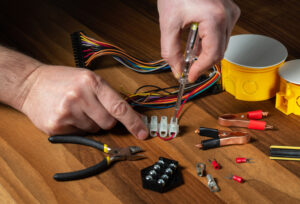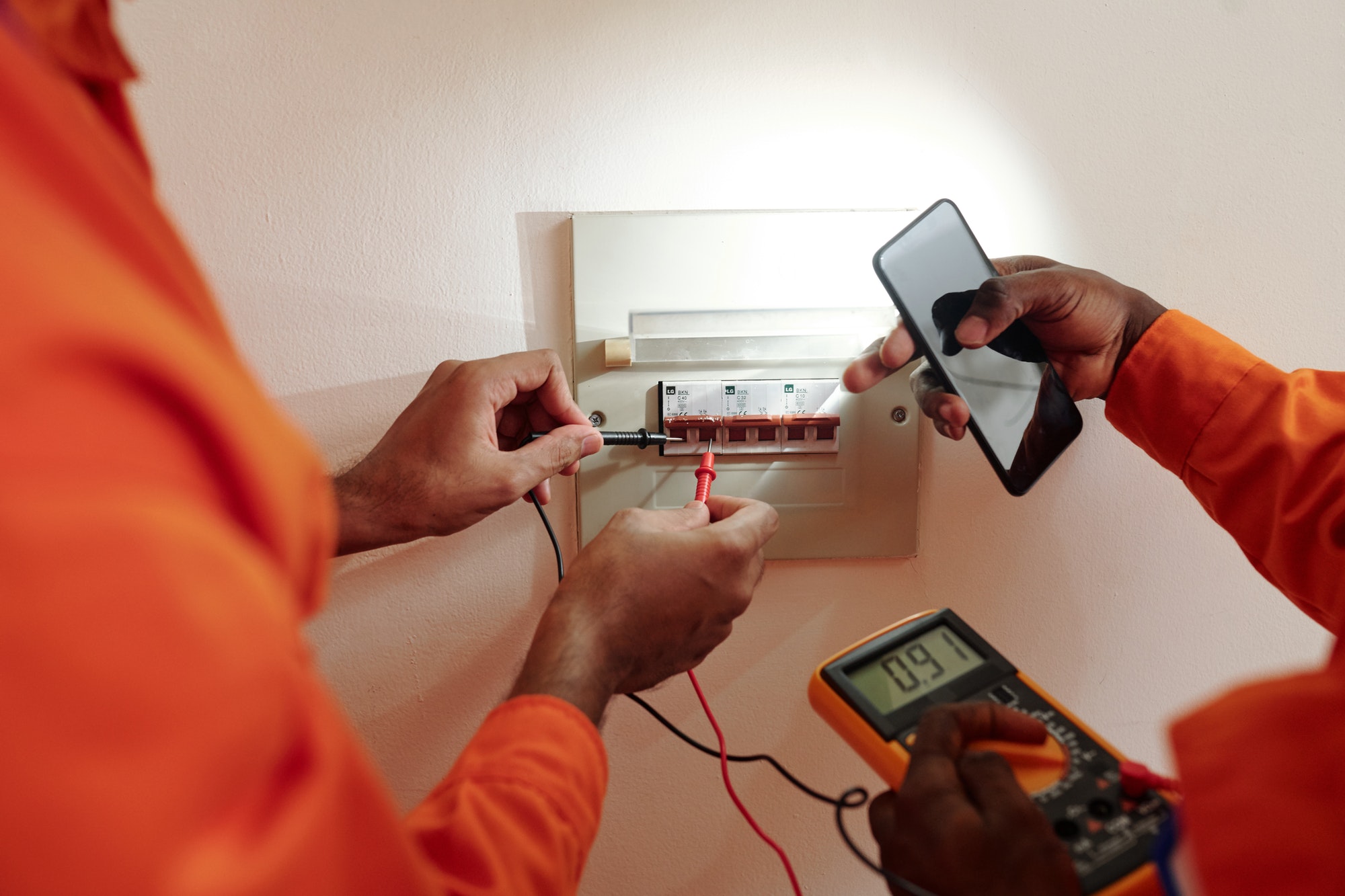Dealing with Power Outages: Steps to Take for Residential and Commercial Properties
Power outages can be an inconvenience for both residential and commercial properties. They can disrupt daily routines, cause financial losses, and pose safety risks. However, by taking appropriate steps, you can minimize the impact and ensure safety during a power outage. Here are some essential steps to take for both residential and commercial properties.
1. Stay Informed
Residential:
- Monitor News and Alerts: Stay updated on the status of the power outage by monitoring local news, weather reports, and utility company alerts. Sign up for text or email notifications from your utility provider to receive real-time updates.
Commercial:
- Communicate with Employees and Customers: Use internal communication systems to keep employees informed about the outage status and expected duration. Notify customers about the outage through social media, email, or your website.
2. Safety First
Residential:
- Unplug Appliances: Unplug electrical appliances and devices to prevent damage from power surges when power is restored. Leave one light on to know when the power returns.
- Use Generators Safely: If using a generator, ensure it is placed outside, away from windows, and properly ventilated to avoid carbon monoxide poisoning.
Commercial:
- Turn Off Equipment: Safely shut down and unplug sensitive electronic equipment and machinery to prevent damage from power surges. Ensure emergency lighting and exit signs are functioning.
- Follow Safety Protocols: Adhere to your business’s emergency plan and ensure all employees follow safety protocols. Use backup power sources if available and safe to do so.
3. Preserve Food and Water
Residential:
- Keep Refrigerators Closed: Minimize opening refrigerators and freezers to maintain the cold temperature and prevent food spoilage. A full freezer can keep food frozen for up to 48 hours if unopened.
- Stock Up on Essentials: Have an emergency supply of non-perishable food, bottled water, and necessary medications.
Commercial:
- Protect Perishable Goods: For businesses that store perishable goods, take steps to keep them at safe temperatures. Use ice packs or dry ice if available, and consider relocating perishables to a working refrigeration unit if the outage is prolonged.
- Inform Staff and Customers: Notify staff and customers about food safety practices during the outage to prevent foodborne illnesses.
4. Maintain Communication
Residential:
- Charge Devices: Keep mobile phones and other communication devices charged using power banks or car chargers. This ensures you can stay in touch with family and emergency services.
Commercial:
- Backup Communication Systems: Use backup communication systems like battery-powered radios, satellite phones, or two-way radios to maintain contact with employees and emergency services.
- Update Contact Lists: Ensure employee and emergency contact lists are up to date and accessible.
5. Plan for Heating and Cooling
Residential:
- Stay Comfortable: During cold weather, dress in layers and use blankets to stay warm. In hot weather, stay hydrated and use fans or open windows for ventilation.
- Emergency Shelter: Identify local emergency shelters that provide heating or cooling services during extended outages.
Commercial:
- Employee Comfort: Provide blankets, warm beverages, and fans to keep employees comfortable. If necessary, arrange for temporary relocation to a facility with power.
- HVAC System Management: Turn off the HVAC system to prevent damage and manage its restart when power returns.
6. Prepare for Power Restoration
Residential:
- Inspect Appliances: After power is restored, inspect appliances and devices for any signs of damage before using them. Gradually plug in and turn on devices to avoid overloading circuits.
Commercial:
- Restart Procedures: Follow the recommended restart procedures for equipment and machinery to avoid damage. Ensure all systems are checked and functioning properly before resuming normal operations.
- Report Issues: Report any damage or issues to the utility provider and seek professional assistance if needed.
Conclusion
Power outages can be challenging, but with proper preparation and response, you can mitigate their impact on residential and commercial properties. By staying informed, prioritizing safety, preserving essential resources, maintaining communication, planning for heating and cooling, and preparing for power restoration, you can ensure the well-being of your family or employees and minimize disruptions. Regularly reviewing and updating your emergency plans can also help you stay prepared for future outages.





